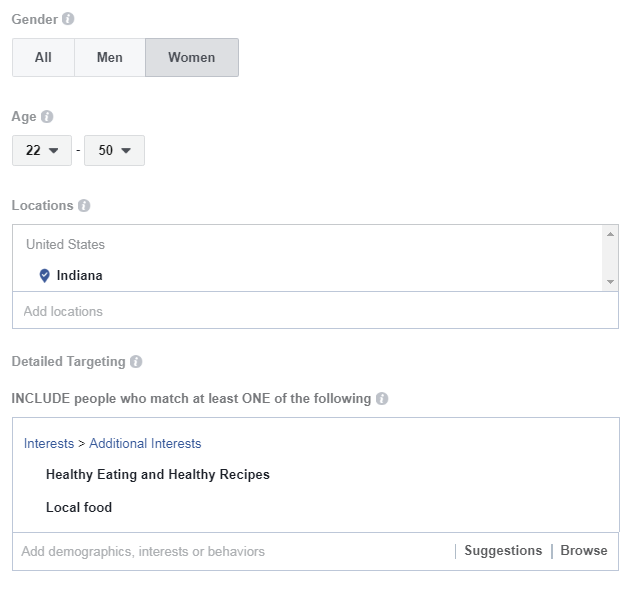If you are a savvy marketer, you already know that everyone is not your customer. You have probably been through marketing segmentation basics, outlining the demographic characteristics such as age, gender and the level of education or income which make someone most likely to need or want your product. Maybe you are even ready to go beyond just the demographics. Maybe it is time to step up to psychographic segmentation.
What is Psychographic Segmentation?
Psychographic segmentation divides your market based on consumer personality traits, interests, problems, values, philosophy and motivations.
- Interests – What do your potential clients think about? Where do they spend their time? How do they react to things? What’s important to them? What fascinates or intrigues them?
- Problems – What do they find annoying, disturbing or frustrating? What are their aversions? What do they dislike? What do they fear?
- Values – What do they hold in high regard? Where do they put their time and their money? What are their politics? What do they take a stand about? What and who do they admire?
- Philosophy – What is their attitude to life and business? How do they approach challenges? Are they optimistic and accepting or pessimistic and cynical?
- Motivations – What makes them take action? Do they move away from things or move towards them? When will they commit to something? When will they ignore advice or accept advice?
Until recently, it was challenging to target people based on their psychographic profile. How could you design a radio or television advertisement which would only be seen by people who liked a particular band, were planning a wedding, getting ready for the birth of a child or thinking about going back to school.
Facebook and Psychographic Segmentation
It was challenging, but not anymore. After more than a decade of collecting information and refining their platform, Facebook has an advertising tool which will allow business owners and marketers to focus messages toward a niche audience based on behavior and interest.
You can select from a wide range of interests like sports teams, food, art, religion or politics by simply typing the interest into the audience selection tool. In the example to the right, you see some of the interests we use when creating an ad for one of our food clients.

We love the ability to connect with people who have very specific interests, such as vegan recipes or simple recipes to cook with your kids. This is psychographic segmentation at its best.
But there is a dark side. This same information can be used to connect to fringe audiences who might be interested in sharing information or messages of hate or violence.
How easy is it to target these fringe audiences? Propublica, an independent, nonprofit newsroom that prides itself on producing investigative journalism with moral force, decided to find out.
They created three ads targeting anti-Semitic audiences. The actual content of the ads were simple links to news articles. The authors were simply testing the segmentation too.
Facebook approved all three ads within 15 minutes, allowing Propublica to reach approximately 2300 people who shared those beliefs. Once notified, Facebook quickly took action to eliminate phrases and interest categories which will prevent others from doing the same thing.
How much segmentation information is too much?
Beyond just this specific example, this test raises questions about how much information Facebook has about us and how it can be used or misused. Think about how terrorists might use the platform to influence or recruit like-minded individuals or politicians trying to influence how we feel about them or their opponent.
This is just the beginning of a much larger conversation which will affect us as marketers and citizens. What do you think? How much is too much?
